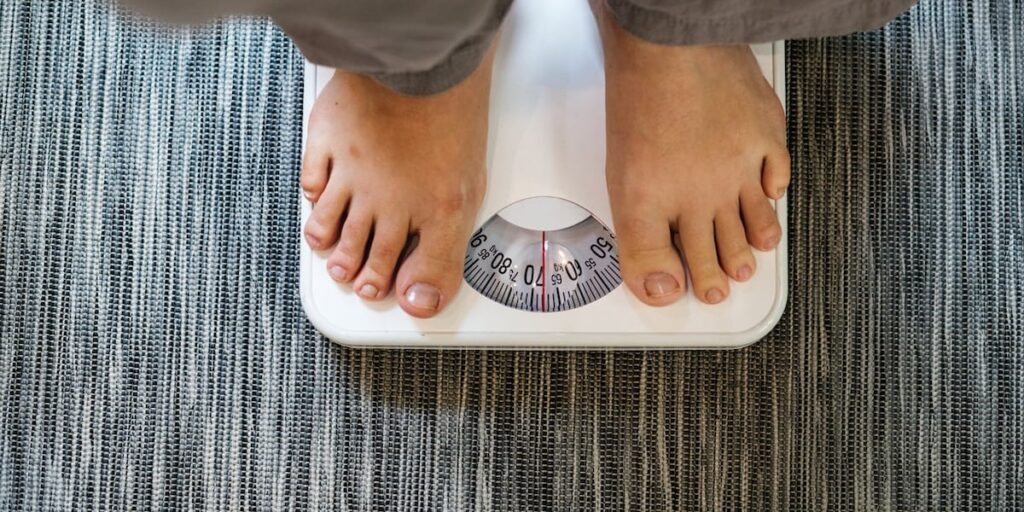BURLINGTON, Vt. (WCAX) – A renewed push for experts equipped to tackle eating disorders in the Green Mountain State.
At the University of Vermont’s Eating Disorder Assessment Clinic, experts say it’s all too common to get frantic calls from people in desperate need of help.
Now, a state working group is trying to catch the signs earlier and bring on more experts to answer the call.
It was the height of the pandemic when Dr. Erica Gibson started to notice the calls pour in. On the other end of the line, concerned parents were begging for help for their child.
“Some young people became quite ill before they came to the attention of their care providers. Or even if changes were subtle and slow over time, a family might not have noticed how bad things were getting,” said Gibson.
State data shows about 1 in ten Vermonters will suffer from an eating disorder at some stage of life.
Young women are especially vulnerable – though anyone can have an eating disorder.
A study published in Jama Pediatrics by doctors across the country shows a significant increase in the number of young patients seeking eating disorder care during the pandemic.
Dr. Gibson says her team and other primary care providers across the state struggled to keep up.
“Things became a bit like a boiling pot, and these issues skyrocketed for us. It was challenging to provide the level of support they needed. Given our small state and our smaller number of resources,” she said.
A solution – or at least the start of one – grew from the outcry of Vermonters who had watched the reality of eating disorders before their eyes.
Dr. Haley McGowan with the Department of Mental Health says it was the parents who pushed state leaders to do more.
“It was their collective voice that led to the development of the eating disorder workgroup. And so what that really did was create a blueprint for us of how to move forward,” said McGowan.
The eating disorder workgroup was established in 2022 as a result of Act 115. It’s focused on studying and improving Vermonters’ access to eating disorder services.
One goal is to train more experts to recognize the signs before patients reach a breaking point.
“That’s gotten us to a place where we are really critically looking at what we can do at all different levels, ideally to help prevent, to identify and intervene early,” said Gibson.
Dr. McGowan says intervening early means raising awareness in spaces where signs of an eating disorder can be most obvious.
“We’re building inroads at schools. We’re building inroads in the primary care setting, and in the therapeutic community specifically. We’re really hoping to just build such a strong foundation and prevent the need for those higher levels of care, while also reducing some of the burden on primary care. And the few experts that we do have working in the state,” said McGowan.
This Thursday and Friday, the Department of Mental Health is hosting a training for Vermont clinicians for eating disorder identification, diagnosis, and treatment.
You can find regional resources and support groups here.
Copyright 2024 WCAX. All rights reserved.

